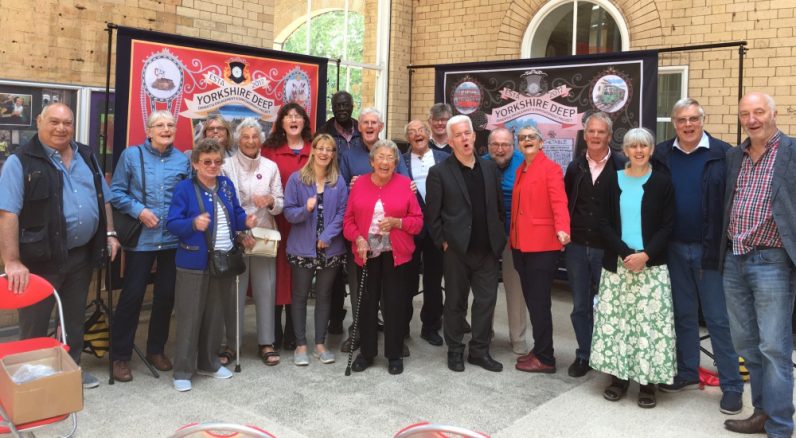I grew up in an ordinary town in the foothills of the West Pennines, amongst ordinary people leading ordinary lives. Or in an extraordinary town full of extraordinary people living extraordinary lives.
A recent fascination for me is the story of Worktown – a mass observation study of the neighbouring town of Bolton in the late 1930’s, recording accounts of daily working life in painstaking detail. Amidst criticisms of such an enterprise (well-educated, middle class, chaps transplanted as anthropologists of northern working class life), the recording of everyday lives of ordinary working people -in the pub, the dance hall, the cinema, the mill and on holiday in Blackpool -brought these (extra) ordinary daily experiences, voices and stories to life.
In many ways, the everyday experiences, voices and stories gathered through DEEP and Dementia Diaries, mirror the social documentation of the Worktown observations. Diverse and distinct voices sharing multiple (and sometimes contradictory) views – but woven together in powerful and unfiltered documentation. Dementia Voices: not a top-down model of consultation but where power is directly in the hands of people with dementia to use their human stories, their real lives, to achieve influence, social change and peer support – “in our home, our street, our town or our country.”
We’ve been marking a moment in time recently. Collecting postcards of what DEEP means to people with dementia in groups; counting numbers of people, of ages, of genders (in essence a DEEP census) and capturing the story of DEEP- and the dementia voices within this burgeoning network. Giving space to people’s stories – of their lives worth living.
It’s a partial view – told from the perspective of people with dementia. Politicians, academics, medics, researchers, media, families and communities have their own partial view. Sometimes these partial views don’t rub along together – other times they connect to paint a broader picture. There is nothing wrong with being partial.
“But it’s our story, our history told in the ways we want.”
Extraordinary voices telling extraordinary stories about extraordinary lives.
Rachael Litherland
Co-director, Innovations in Dementia

